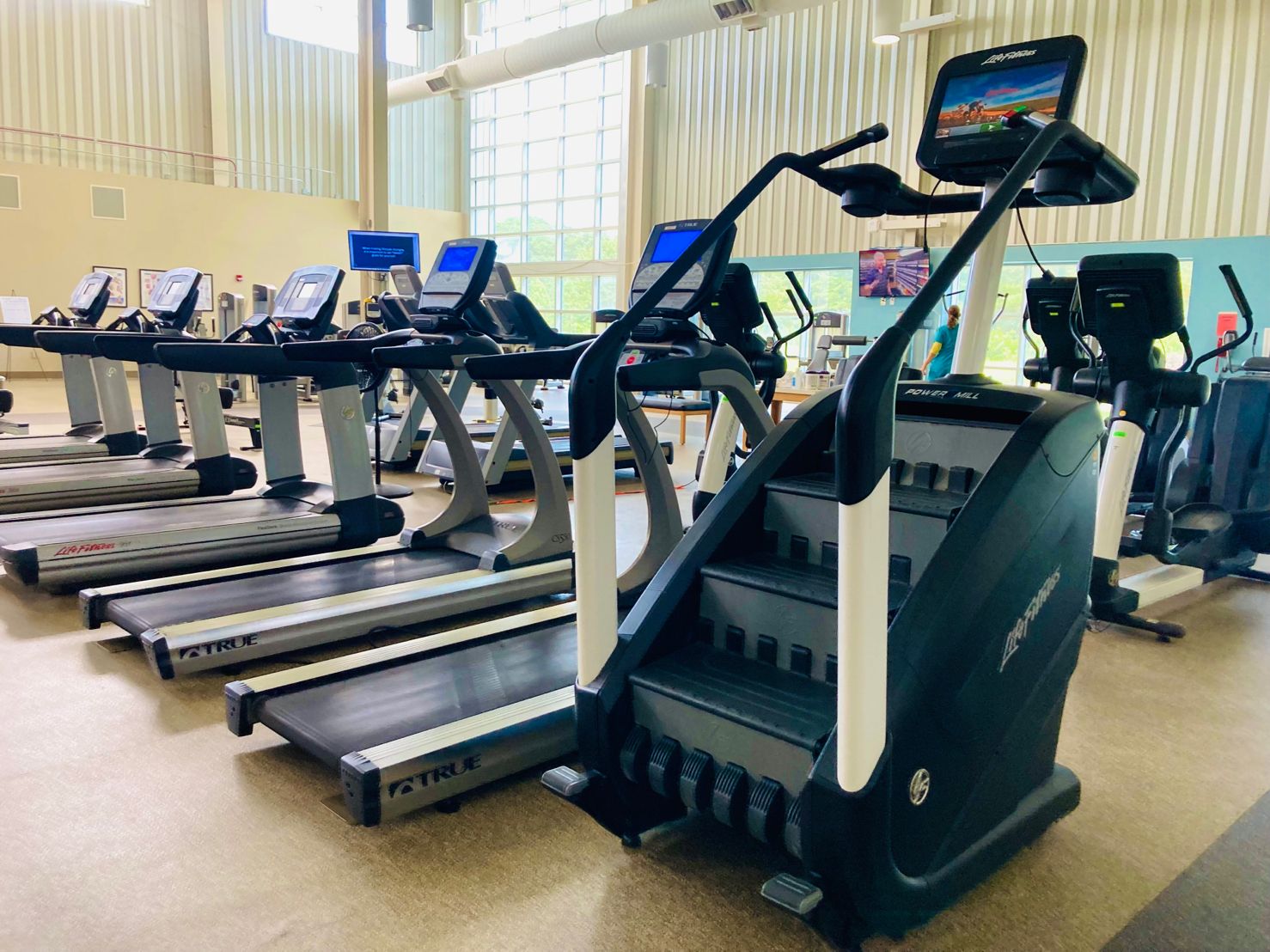Cardio: An Introduction
Cardio workouts can have a ton of positive impacts on your lifestyle. From a healthier heart to improved sleep, getting your regular cardio in is a game changer. But what exactly is cardio and why is it important?
The current Physical Activity Guidelines for Americans says adults need 150 minutes of moderate-intensity, or aerobic, physical activity and 2 days of muscle strengthening exercise per week. Aerobic exercise is what a lot of people commonly refer to as ‘cardio’.
What Is Cardio?
Cardio is an abbreviated name for a cardiovascular workout, which is essentially the same thing as aerobic activity. Aerobic exercise is endurance movement done for a sustained period of time. Marcia Hearl with CMC Cardiac and Pulmonary Rehabilitation says “aerobic exercise has plenty of benefits for heart health. It makes the heart stronger and improves the body’s ability to use oxygen efficiently. It can also help prevent cardiovascular diseases”.
A good cardiovascular workout will have you breathing heavily, which will get more oxygen into your blood for your heart to pump to the rest of your body. Typically, if it involves continuous, rhythmic movements that challenges your heart and lungs to work harder, it’s cardio.
Forms of Cardio or Aerobic Activity:
- Cycling
- Jogging
- Running
- Brisk walking
- Swimming
- Dancing
- Climbing stairs
- Hiking
- Rowing
- Water aerobics
- Roller skating
- Yoga
- Gardening


Among its many health benefits, another benefit of cardio training is it can be done anywhere, and a lot of times at no cost. If you prefer training in a gym, you can utilize cardio machines like the elliptical, Stairmaster, treadmills and rowing machines. If you prefer being outdoors, check out a walking, biking or running trail near you!
Benefits:
Its heart-healthy benefits are what gives ‘cardio’ exercise its commonly known nickname. Hearl with CMC Cardiac & Pulmonary Rehab says, “The benefits of aerobic exercise for heart health are plentiful. Improved cardiovascular fitness can lower someone’s blood pressure, increase “good” cholesterol, improve lung health, help manage blood sugar and reduce the risk of developing heart disease, hypertension, stroke or diabetes.”
In addition to cardiovascular health, aerobic exercise has many more benefits on physical and mental health:
- Increased energy and stamina
- Helps control blood pressure
- Aids in weight management
- Reduces health risk
- Supports bone health
- Improves sleep
- Improves sexual function
- Boosts mood!
Train Safely:
It’s always important to speak with your primary care doctor before making any significant lifestyle changes, like starting a new exercise plan.
“The proper warm-up before exercise and cool-down afterwards is essential for preventing injury in athletes.” said Dr. Donovan Johnson, with CMC Sports Medicine, “Warming up increases heart rate and blood flow while preparing muscles, tendons, ligaments and joints.”
If you are looking to incorporate cardio into your routine, start slow. Whether it’s walking, running, or biking, start at a pace that elevates your heart rate and breathing but still feels safe and manageable. Set realistic goals and build slowly to reach those goals. Pay attention to your form, and if you feel any pain, contact your doctor.




